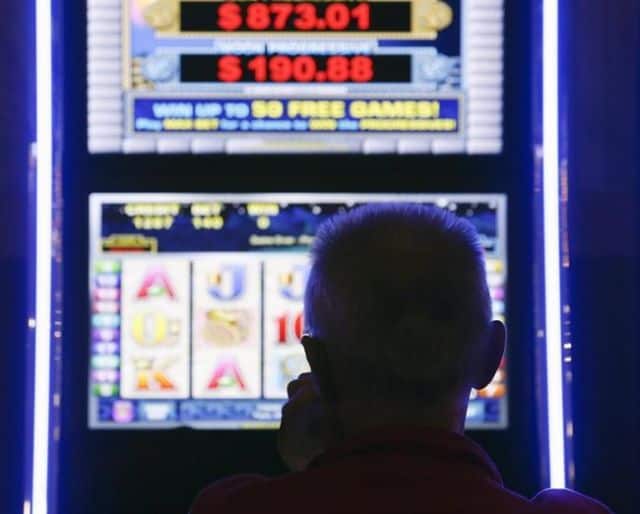
An intriguing court case that alleges Crown-owned video lottery terminals are inherently deceptive and violate the Criminal Code has reached a critical milestone in Newfoundland and Labrador.
And the outcome of the case could have implications for VLT gaming across Canada.
The Newfoundland and Labrador Court of Appeal has cleared the way for a class-action lawsuit to go ahead, rejecting arguments for dismissal from the Atlantic Lottery Corp., which operates in all four Atlantic provinces.
“VLTs are inherently deceptive, inherently addictive and inherently dangerous when used as intended,” says a statement of claim filed in 2012. The lawsuit was certified as a class action in early 2017.
Among other things, it alleges VLTs should be considered illegal because they don’t fit the Criminal Code definitions for slot machines, fair games of chance or lottery schemes.
More importantly, the plaintiffs allege VLTs more closely resemble a gambling card game known as three-card monte, which at first glance appears to be a straight-forward test of tracking one of three cards as they are moved about.
The lawsuit argues the sleight-of-hand tricks used in this con game are not unlike the manipulative electronic programming VLTs use to create “cognitive distortions” about the perception of winning.
Toronto-based lawyer Kirk Baert, who represents plaintiffs Douglas Babstock and Fred Small, said the appeal court accepted that as a potential legal argument.
“The point of having this provision in the Criminal Code … was to prevent people from being deceived by charlatans and tricksters who use sleight-of-hand to make people lose their money,” Baert said in an interview.
“Our point is that technology has evolved, and this is just the same thing — but it’s being done through a machine instead of a human being at a table or at a carnival.”
None of the allegations has been proven in court.
The Atlantic Lottery Corp. has insisted the highly regulated electronic games are decided only by chance.


